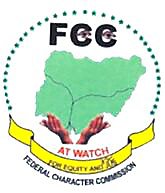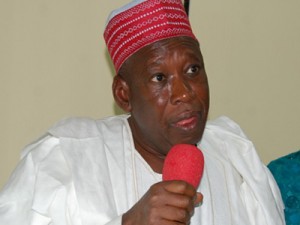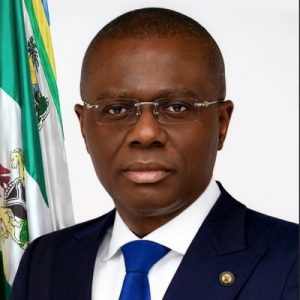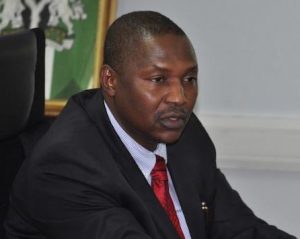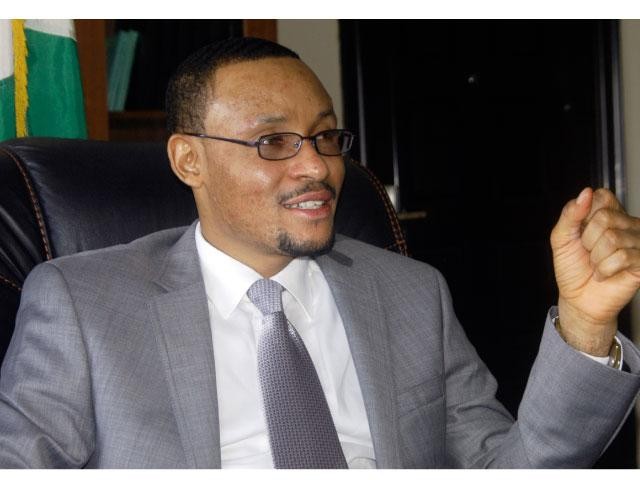
Leadership / Nigeria: An Abuja High Court was yesterday told that the chairman of the Code of Conduct Tribunal (CCT), Mr. Danladi Yakubu Umar, met severally in his chamber with an accused person, Mr. Rasheed Taiwo Owolabi, a retired Deputy Comptroller-General of the Nigerian Customs Service.
Owolabi is standing trial before him on false assets declaration charges.
Former Personal Assistant to the CCT Chairman, Mr. Ali Gambo Abdullahi, told the court while giving evidence in the trial within trial on the disputed statement he made to the Economic and Financial Crimes Commission (EFCC) in respect of N10million bribe allegedly demanded by the CCT chairman from the accused person in order to strike out the charges against him.
The witness, who was cross-examined by the EFCC counsel, Mr. Andrew Akoja, told Justice Chizobia Oji that it was at the end of the last meeting of the accused person with the CCT chairman that a sum of N1.8million was paid into his account by the ex-customs chief.
But contrary to his statement made on August 12, 2013 that the N1.8million was part of the N10million bribe meant for the CCT chairman, the witness said that the money was deposited into his Zenith Bank account by the accused person to offset the medical bill of his ailing father.
The witness further told the court that he never met with the former Deputy Comptroller-General of the Customs until he started visiting the CCT chairman in the course of his trial and that the money was paid to him immediately after the last visit to the CCT boss.
When confronted with the statement where he implicated the CCT chairman on the N10million bribery saga, Abdullahi said that the statement he first made on the issue was made under duress and based on inducement promised him by two operatives of the EFCC: Abdulmajeed Ibrahim and Bala Mohammed, who investigated the petition of the ex-customs man in the matter.
Further cross-examined by the EFCC counsel, the witness who read out some portions of the statement identified his signature and admitted that he signed the statement and that he also signed an attestation confirming that his statement was made freely and voluntarily by him.

